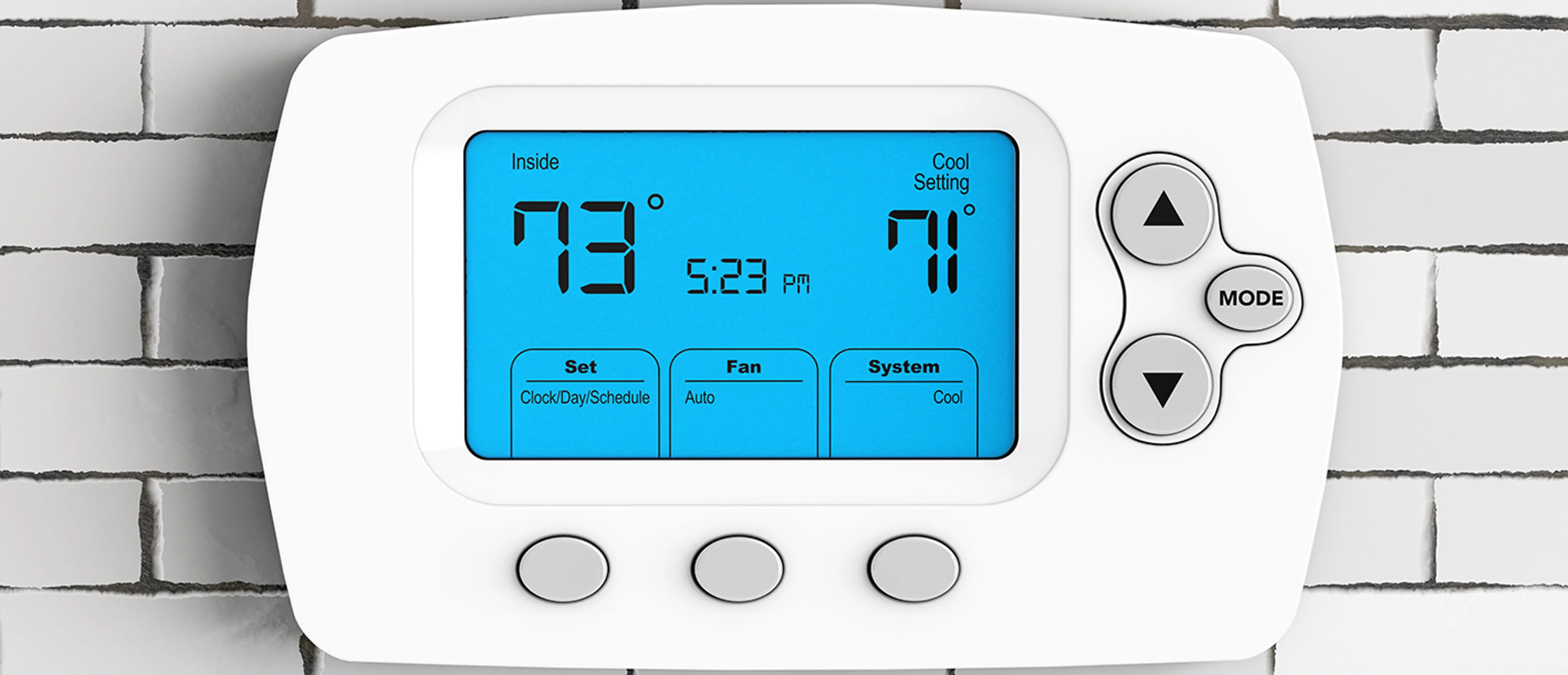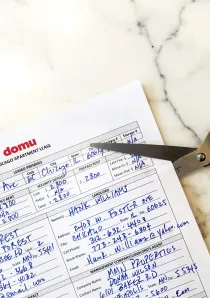What Are My Landlord’s Responsibilities?
Landlords and tenants have many responsibilities to one another under local Chicago law. A Chicago landlord's obligations fall into a few major categories: the landlord must maintain the premises; the landlord must stay out of the premises, except in certain circumstances; the landlord must safeguard and return the security deposit, the landlord may not engage in illegal housing discrimination; the landlord must inform the tenant about specific rules and opportunities, like recycling; the landlord is also limited in its ability to pressure a renewal of a lease too early. Most likely, the apartment lease provides additional obligations beyond those imposed by law.
Does My Landlord Have to Do Maintenance on the Rental Property?
In most cases, the Chicago Landlord Tenant Ordinance requires a landlord to maintain a rented property to a certain standard. Among a long list, Section 5-12-070 of the Municipal Code requires landlords to:
- Protect against damage to the structural integrity of the building
- Keep the floors, walls, stairwells, porches, windows, elevators, and ceilings in good repair
- Maintain bathtubs, showers, and sinks
- Furnish hot and cold running water
- Supply heat in the winter
- Exterminate as necessary to prevent infestation by rodents and vermin
- Supply locks and deadbolts
- Maintain and repair all appliances and equipment furnished under the lease
- Keep the premises watertight and free of leaks, and (perhaps most importantly)
- Maintain the dwelling unit and the common areas of the building in a “fit and habitable condition."
A Landlord's Obligation to Stay Out of a Rented Apartment
No matter how cozy or uniquely furnished, a rented apartment would not feel like home if the landlord were free to barge in whenever they wanted. When you rent a Chicago apartment, the Chicago residential landlord-tenant ordinance protects your right to quiet enjoyment of your apartment. At a minimum, the landlord must provide at least two days' notice before entering to make repairs, supply services, and conduct government inspections, to show the unit to prospective renters, buyers, or contractors. The law also protects the landlord, though, and allows for unexpected visits in case of emergency and to determine whether the renter is complying with the lease (for example, if the landlord has reason to believe that tenant has adopted a pet without permission or has been using the apartment as an illegal Airbnb rental, the ordinance would allow the landlord to make a surprise inspection).
Landlord's Responsibility to Provide Information
Landlords have to keep their tenants in the know. When a lease is signed, the CRLTO requires landlords to make many types of disclosures (listed below) and, in some cases, to supplement as circumstances change. A separate law, the Chicago Recycling Ordinance, also requires the landlord to inform tenants about the availability of recycling at the property. Landlords facing foreclosure must also let their tenants know if a foreclosure complaint has been filed against the property. The Chicago landlord-tenant ordinance requires the following disclosures at the time of leasing:
- Notice of Conditions Affecting Habitability for Chicago Apartments
- Identification of Owner and Agents
- A summary of the Chicago Residential Landlord and Tenant Ordinance
- The current Chicago Security Deposit Interest Rate Summary
- Chicago Security Deposit Receipt
- Chicago Bed Bug Disclosure Form
- Chicago Heating Cost Disclosure
- Lead-Based Paint Disclosure Form
- Radon Gas Disclosure Form
- A summary of the Chicago Recycling Rules
Read more about the required disclosures for Chicago apartments here.
A Landlord's Responsibilities at Renewal and Lease Termination Time
Chicago landlords cannot ask tenants to sign a lease renewal letter more than 90 days before the rental agreement terminates, assuming that the Chicago landlord-tenant ordinance regulates the rental property. The purpose of the law is to protect tenants who might want to evaluate other opportunities before renewing.
Additionally, Chicago's "Fair Notice Ordinance" requires landlords to provide a certain amount of notice to tenants if the landlord has chosen not to renew the lease or to raise the rent. How much notice is required? It depends on the length of the resident's tenancy. Specifically, suppose a renter has lived at the property for three years or more. In that case, the landlord must provide at least 120 days' advance notice of the non-renewal or increase in rent.
Note that the Fair Notice rules apply even if there is no written lease. In contrast, only 60 days' notice is required for tenants who have occupied a unit for six months but less than three years, and tenants of less than six months are entitled to merely 30 days' notice. Consider utilities if the current lease provides that any utilities are included in the monthly rent. Still, you intend to transfer responsibility for utilities to your tenant at lease renewal; you need to give adequate notice of that change, too (see Illinois Rental Property Utility Service Act, 765 ILCS 735/1.2).
Landlord's Obligations About Security Deposits
The Chicago Residential Landlord Tenant Ordinance imposes many obligations on landlords relating to security deposits. You can read about those here.
Landlord's Obligation to Refrain From Retaliation
Unfortunately, when there is a breakdown in the landlord-tenant relationship, the stakes are high for the tenant: no tenant should have to fear eviction solely for pressuring the landlord to make repairs required by building code or for alerting the authorities to a good faith claim of housing discrimination.
Recognizing that threat of eviction is a powerful one, fair housing law prohibits landlords from retaliating against a tenant for registering a discrimination complaint with HUD. And the Chicago landlord-tenant ordinance states that landlords may not terminate a tenancy, increase the rent, decrease services, or bring or threaten to bring a lawsuit against a tenant for possession or refuse to renew a lease because of a tenant's good faith complaints about code violations, or requests for repairs as required by building code or engaging in other tenants rights activities like joining a tenant's union, testifying in court about the condition of the building, or exercising any right or remedy provided by law.




